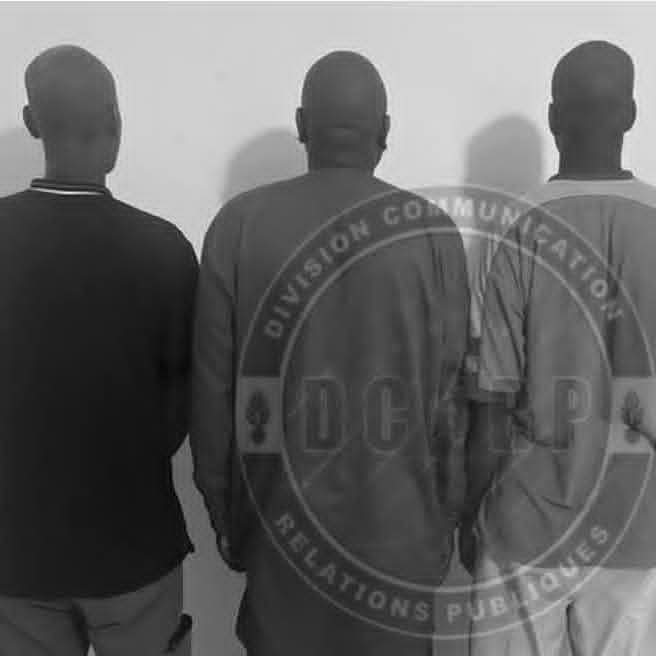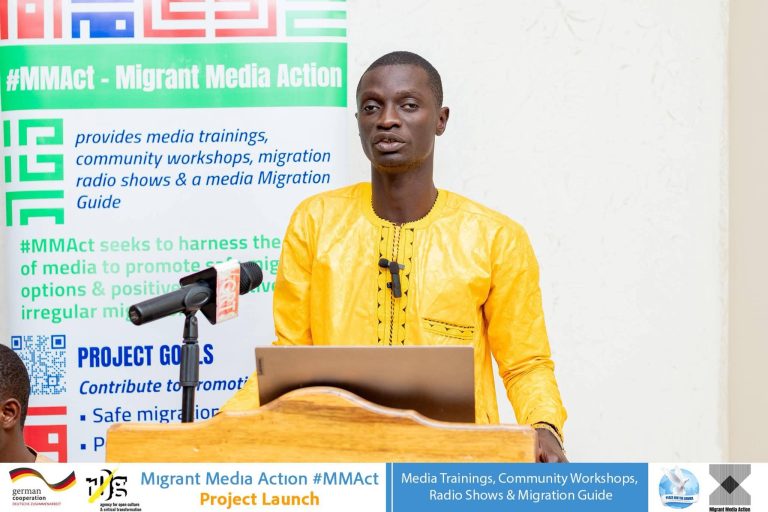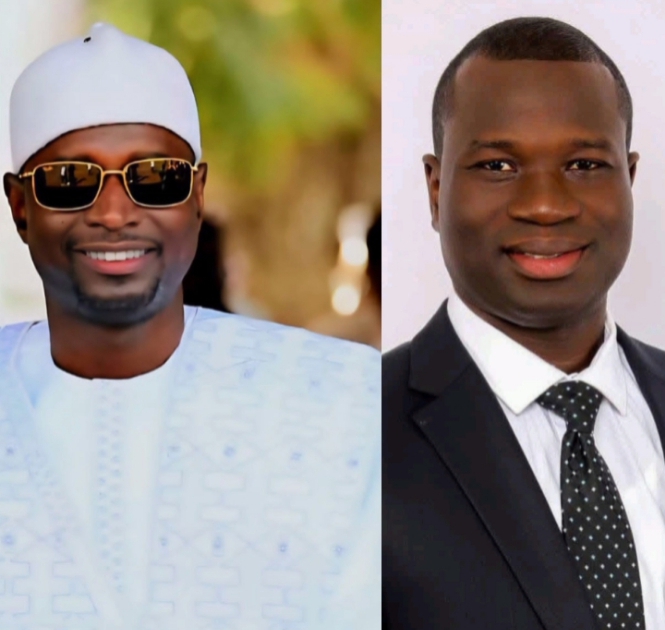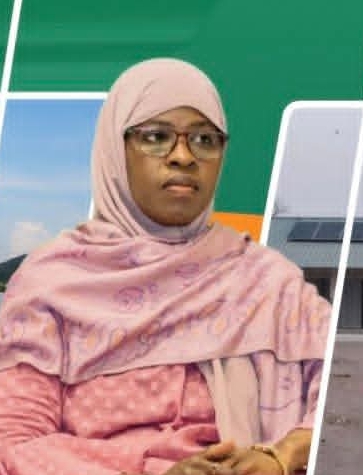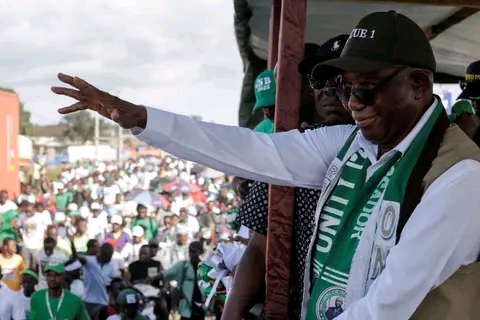
Liberia’s President George Weah on Friday conceded election defeat to opposition leader Joseph Boakai after a tight race, ending a presidency marred by graft allegations but helping to ensure a smooth transition of power in the once volatile African nation.
Boakai, 78, a former vice president who lost to Weah in the 2017 election, led with 50.9% of the vote over Weah’s 49.1%, with nearly all the votes counted, the country’s elections commission said on Friday.
The result marks a stark turnaround from 2017, when global soccer legend Weah, buoyed by a wave of hope, trounced Boakai with 62 percent of the vote. Many have since grown disillusioned with the lack of progress: Poverty, unemployment, food insecurity, and poor electricity supply persist.
“A few moments ago, I spoke with president-elect Joseph Boakai to congratulate him on his victory,” Weah said on national radio. “I urge you to follow my example and accept the results of the elections.”
Weah’s concession paves the way for Liberia’s second democratic transfer of power in over seven decades – the first was when Weah swept to power six years ago.
His comments stood out in West and Central Africa where there have been eight military coups in three years, eroding faith in democratic elections. When elections do go ahead in the region, accusations of fraud abound and results are frequently contested in court.

